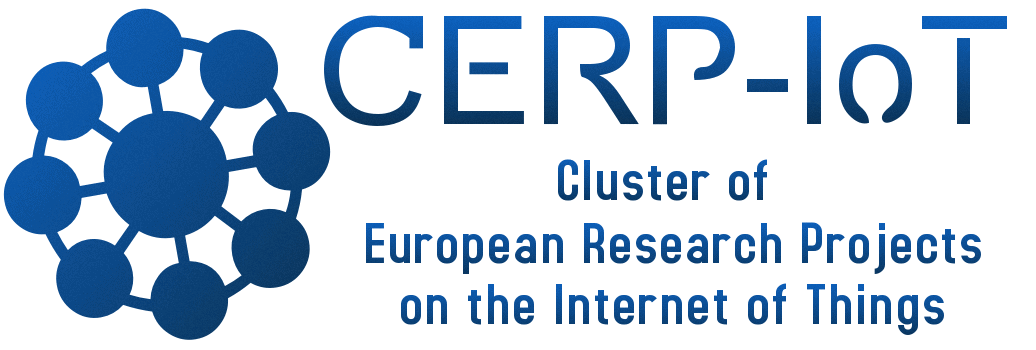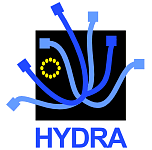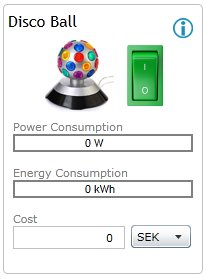Articles Hierarchy
NECST
- 09 Jun 2007
- Related projects
- 4487 Reads
Full Name: | Networked Control Systems Tolerant to faults | |
Basic data: | Type of the project: | EU IST FP6 project, STREP |
| IST SO: | Embedded systems | |
| Project Reference: | 004303 | |
| Launch: | August 2004 | |
| Duration: | 36 months | |
| Consortium: | 7 partners from 5 countries | |
| Coordinator: | University Henri Poincare, France | |
Website | http://www.strep-necst.org/ | |
Description: | The aim of the NeCST (Networked Control System Tolerant to faults) is to explore research opportunities in the direction of distributed control system in order to enhance the performances of diagnostics and fault tolerant control systems. This will lead to improving the intensive use of NeCS technologies for the reactivity, autonomy and monitoring of large scale systems. The systems under consideration in the framework of this project can be considered as a distributed network of nodes operating under highly decentralised control, but unified in accomplishing complex system-wide goals. One of the key factors in designing such a complex system is that both the physical subsystem and the control part have to be designed together in an integrated way. Systems developed in this project will be modular, adaptive, able to operate in autonomy and possibly reconfigurable. The implementation of these concepts is achieved by using the technologies of wireless networks, embedded systems, nomad components, electronics tags, etc. Finally, the main contribution of the NeCST project in the embedded systems area is to propose different means enabling to improve the embedded component safety. For this, algorithms and procedures will be develop in order to be able to early detect anomalies (variances or irregularities in the embedded networks and in the embedded equipments) and to switch to fault tolerant control strategy and/or providing predictive and real-time maintenance. | |
| Relevance to HYDRA: | NeCST project offers the solution enhancing the performance of diagnostics and fault tolerance of modular, adaptive, reconfigurable systems with autonomous components, such as wireless networks and embedded systems similar to expected possible HYDRA implementations. | |





 The Hydra project is co-funded by the
The Hydra project is co-funded by the 


